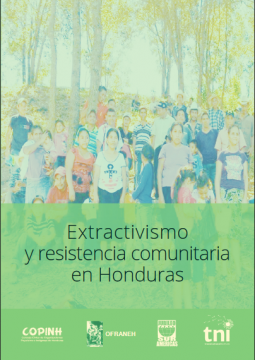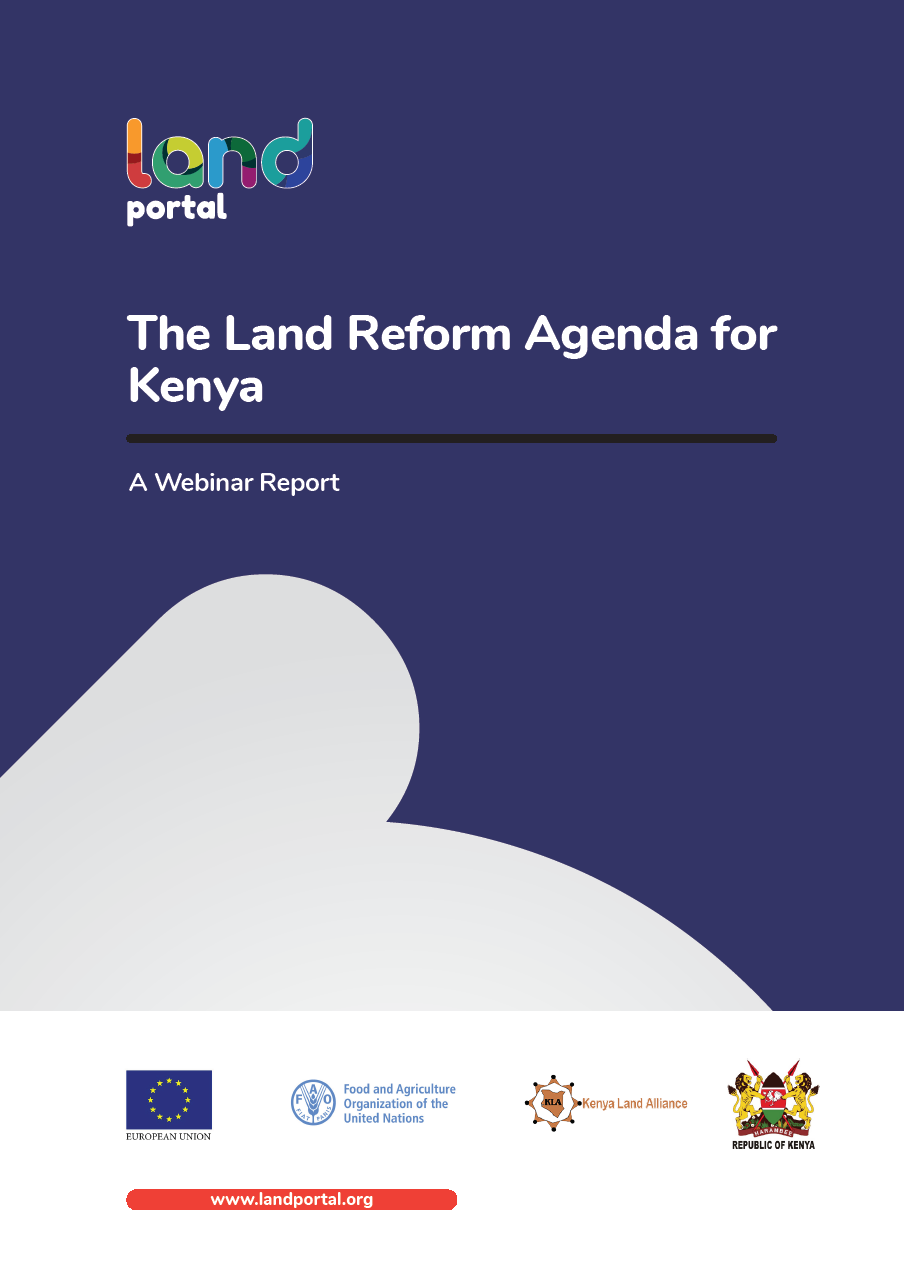Extractivismo y resistencia comunitaria en Honduras
El presente trabajo forma parte de un acumulado de acciones y luchas colectivas que venimos desarrollando las organizaciones sociales Consejo Cívico de Organizaciones Populares e Indígenas de Honduras (COPINH), Organización Fraternal Negra Hondureña (OFRANEH) y Jubileo Sur Américas (JS/A), y ha contado con el apoyo técnico del Transnational Institute (TNI).






